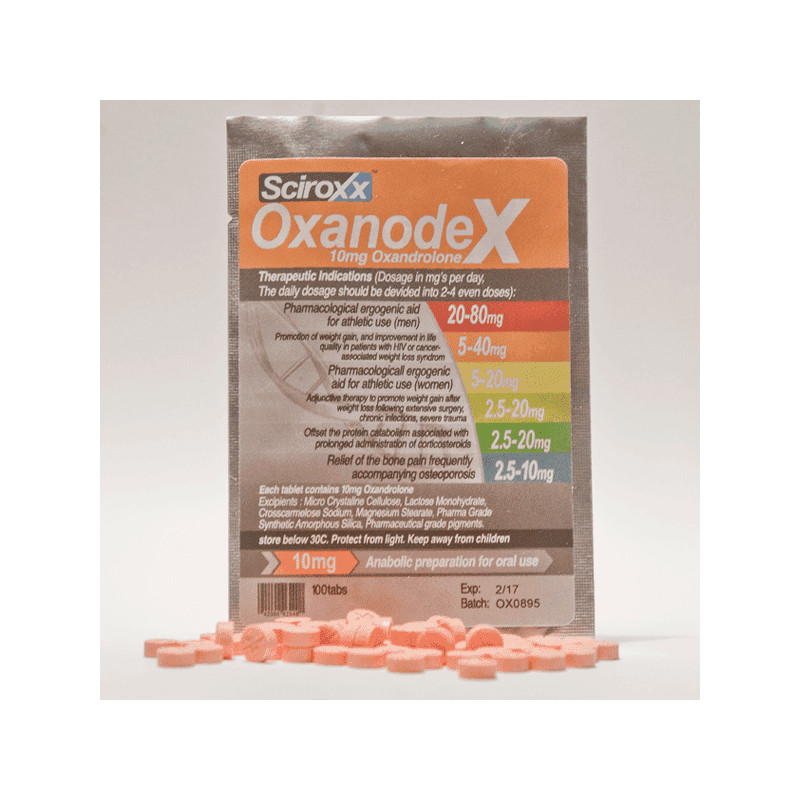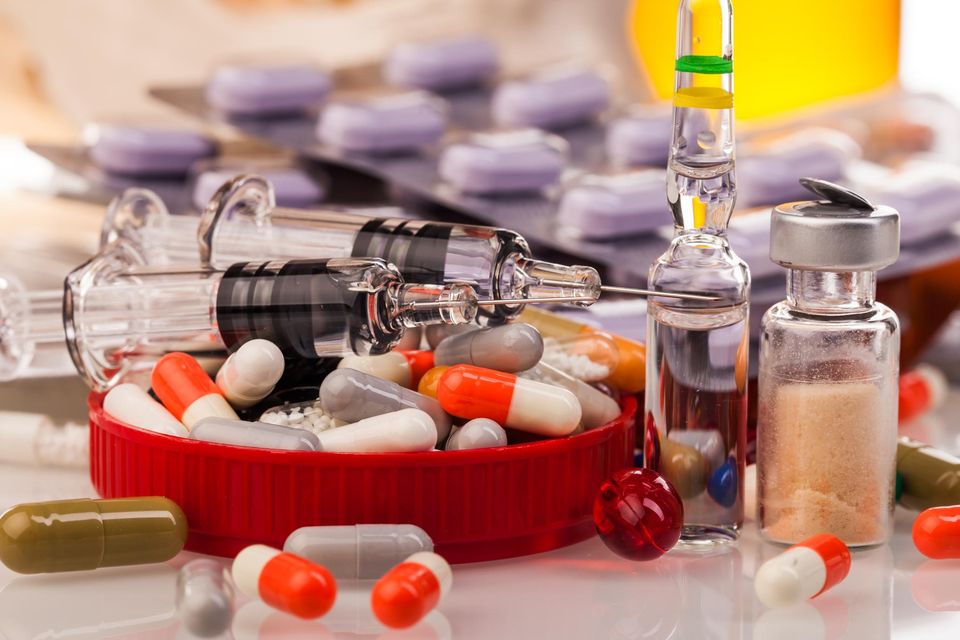HGH vs Testosterone, Steroids, and TRT: Key Differences and Benefits
In the realm of performance enhancement, anti-aging, and overall wellness, Human Growth Hormone (HGH) is frequently compared with testosterone, anabolic steroids, and Testosterone Replacement Therapy (TRT). While these therapies may seem similar, each serves a unique purpose and offers distinct benefits and risks. Below we’ll explore the key differences between them to help you determine which option might best suit your goals, whether for muscle gain, fat loss, vitality, or hormone balance.
HGH vs Testosterone
HGH and testosterone fulfill different roles in the body. HGH is a peptide hormone that promotes growth, cell regeneration, and metabolism, supporting tissue maintenance and repair. Testosterone, in contrast, is a sex hormone primarily associated with male characteristics, as well as muscle mass, strength, and libido.
HGH is often used for its anti-aging, fat-loss, and recovery benefits, while testosterone is commonly utilized for muscle growth, strength, and power output & performance enhancement. In bodybuilding and athletics, HGH is valued for promoting a lean body composition, aiding recovery, and supporting long-term muscle growth, while testosterone’s anabolic effects are favored for muscle mass and power. As we’ll explore below, they’re not interchangeable but synergize with each other for the ultimate physique.
Both hormones can have side effects, especially at high dosages and with prolonged use. HGH may cause joint pain, water retention, and in some cases, mild temporary insulin resistance. High doses of testosterone may lead to acne, hair loss, increased aggression, and, over time, can impact cardiovascular health due to its effects on cholesterol.
Does HGH Increase Testosterone?
HGH and testosterone are distinct hormones with unique functions, and HGH does not directly increase testosterone levels. Therefore, if you aim to boost testosterone, HGH alone is not the standard solution. However, HGH can have an indirect impact on testosterone by supporting overall hormonal balance, which might influence testosterone production to a minor degree.
Some studies suggest that HGH may enhance pituitary function and, in certain cases, stimulate the hypothalamic-pituitary-gonadal (HPG) axis, which plays a role in regulating testosterone production. However, these effects are generally mild and not consistent. For those specifically aiming to boost testosterone levels, Testosterone Replacement Therapy (TRT) is the standard option, as it directly increases testosterone. If the goal is to restore natural testosterone production after steroid use or due to medical conditions, a well-structured Post-Cycle Therapy (PCT) regimen is essential. For a comprehensive guide and effective PCT protocols, simply click on the link
In summary, while HGH can enhance general health and metabolism, it does not significantly increase testosterone on its own.
Does Testosterone Increase HGH? Understanding the Connection
Does testosterone increase HGH? Research suggests that testosterone can have mild direct effects and several indirect influences on HGH (Human Growth Hormone) levels.
Direct Effect of Testosterone on HGH Levels
Some studies, such as one (PubMed ID: 7690364), have shown that testosterone administration (300 mg per week of testosterone enanthate) is associated with a slight increase in HGH levels, likely due to the rise in estrogen that testosterone can trigger. Estrogen, typically considered a female hormone, also influences HGH regulation. Notably, women naturally have higher HGH levels due to their higher estrogen levels.
Indirect Effects of Testosterone on HGH Production
- Increased Growth Hormone Response: Testosterone can enhance the body’s response to exercise, which in turn may increase HGH release. During high-intensity workouts, individuals with elevated testosterone often experience a more significant HGH surge due to the combined effects of both hormones on muscle and metabolism.
- Enhanced IGF-1 Levels: Testosterone boosts levels of Insulin-like Growth Factor 1 (IGF-1), a hormone linked closely to HGH and often regarded as its growth mediator. IGF-1 plays a key role in cell growth and muscle repair, so testosterone’s effect on IGF-1 may replicate some benefits commonly associated with HGH.
- Improved Body Composition and Muscle Mass: By promoting muscle growth and reducing body fat, testosterone supports an environment that is conducive to higher natural HGH production. A lower body fat percentage and improved muscle-to-fat ratio are associated with better HGH levels, further enhancing anabolic potential.
While testosterone and HGH operate independently, they have overlapping benefits for muscle growth, fat loss, and recovery. To optimize both HGH and testosterone, a balanced approach that includes strength training, quality sleep, and medical guidance on hormone therapy may be effective.
HGH vs Steroids
HGH and anabolic steroids are often discussed together, but they function very differently. HGH is a peptide hormone that promotes growth and metabolism, while anabolic steroids are synthetic testosterone derivatives designed to directly stimulate androgen receptors, leading to rapid muscle growth.
HGH is particularly effective for enhancing fat metabolism, muscle preservation, and recovery, making it ideal for individuals focused on leanness rather than bulk. Anabolic steroids, however, are known for their potent muscle-building effects, making them popular among bodybuilders aiming for substantial muscle gains.
HGH generally has a milder side-effect profile, with common issues such as increased blood sugar levels and water retention. Anabolic steroids, on the other hand, carry risks of more severe androgenic side effects, including liver stress, cardiovascular complications, and hormonal imbalances. Like testosterone, anabolic steroids complement HGH’s effects and vice versa, offering cumulative benefits when combined.
HGH is a much safer option for women, as it lacks any virilization effects. For elderly males or those focused solely on endurance and body composition, HGH may be a favorable and balanced solution. However, for those targeting significant muscle growth and strength output, steroids remain a more common choice.
Best HGH and Testosterone Stack | HGH with Testosterone—A Comprehensive HRT Approach
As discussed, testosterone and HGH have synergistic effects when stacked together. The combined impact on growth is greater than when each is used separately, due to different anabolic pathways that complement each other. Their synergy primarily operates through increased IGF-1, local muscle growth factors, and systemic effects, making HGH with Testosterone the most comprehensive approach for performance enhancement and hormonal therapy.
A prominent HGH and testosterone stack for bodybuilding might include HGH at 3-6 IU per day, split into two doses, alongside 500-1000 mg of testosterone per week. For those focusing on hormonal balance—often impacted by age or health conditions—a typical regimen involves 2-3 IU of HGH daily, paired with 100-200 mg of testosterone per week.
HGH vs TRT (Testosterone Replacement Therapy)
TRT is primarily aimed at restoring testosterone levels in men with low testosterone due to aging or other conditions, whereas HGH therapy addresses growth hormone deficiencies and benefits individuals with low HGH, affecting metabolic and growth functions.
Both TRT and HGH offer anti-aging benefits, such as increased energy, improved mood, and enhanced body composition. TRT, however, focuses on restoring testosterone levels to support libido, strength, and male characteristics. In contrast, HGH boosts cell regeneration, aids in tissue repair, improves skin quality, and supports fat metabolism.
Dosages for HGH and TRT vary based on individual needs. TRT typically involves a steady dose of testosterone, while HGH is administered through subcutaneous injections, often requiring careful dosing adjustments over time. Professional guidance is essential for both therapies to minimize side effects and manage health risks. Our team is always available to provide personalized advice.
Conclusion
HGH, testosterone, anabolic steroids, and TRT each serve different purposes, targeting unique aspects of performance, wellness, and body composition. HGH supports recovery, fat metabolism, and lean muscle retention, while testosterone drives strength, power, and male characteristics. Anabolic steroids offer rapid muscle gains but carry significant risks, and TRT helps individuals with low testosterone regain energy, libido, and vitality.
Choosing the right therapy requires a clear understanding of its purpose and potential risks. Consulting with a healthcare professional is critical to develop a plan aligned with your goals, whether focused on performance, aesthetics, or health optimization.







